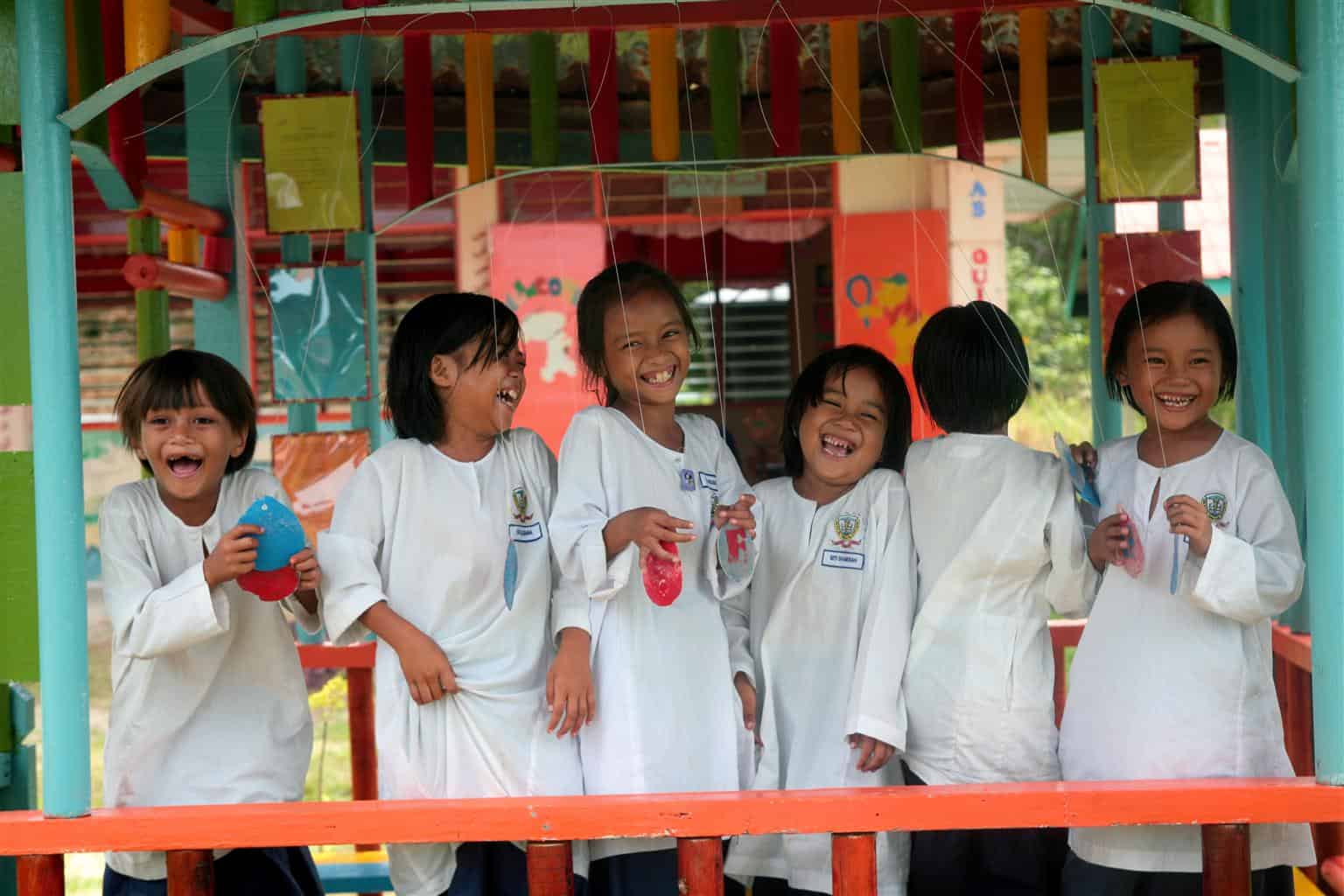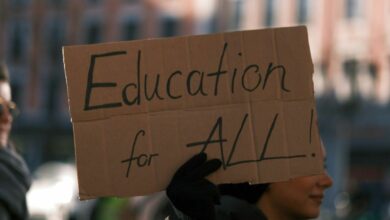The #ENDviolence Youth Manifesto was created in December 2018 by more than 100 children and young people from all over the world – including Malaysia. It was also shaped by over 1 million responses from children in 160 countries. On top of that, it included ideas from a series of student-led #ENDviolence Youth Talks, also held in Malaysia.
This is what young people want. This is what our #ENDviolence Youth Manifesto stands for.
Our principles
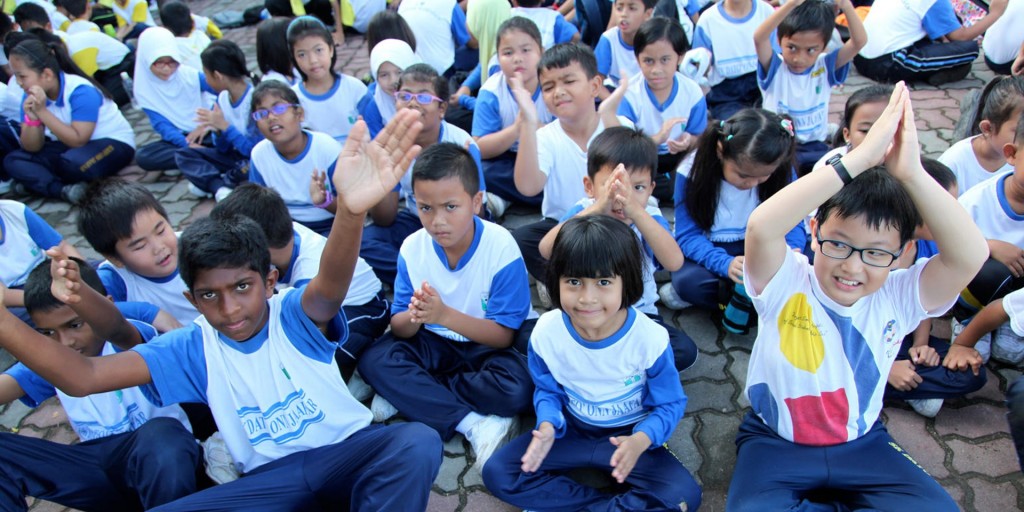 (c) UNICEF Malaysia/Pirozzi
(c) UNICEF Malaysia/Pirozzi
Diversity and Tolerance
Equality is the base of everything. It helps us promote diversity and tolerance in schools. But it must start at home – and be reinforced in school.
We’re all equal. Our differences make us who we are. Whether it’s culture, gender, identity, disability, sexual orientation, nationality, race, religion, or even our migration status – they shouldn’t divide us. They should be celebrated.
We need everyone on board – teachers, schools, media, society, and the government. They must show us how inclusion works, not just talk about it. And they must work together to make schools safe for all of us.
They must also actively remove harmful stereotypes that stop us from learning fairly and equally.
Protection for All Students
Schools must protect everyone – both those who face violence and those who cause harm. This means working together with parents, friends, and the whole community.
We see schools as places where change starts – and where kindness must be the rule.
We commit
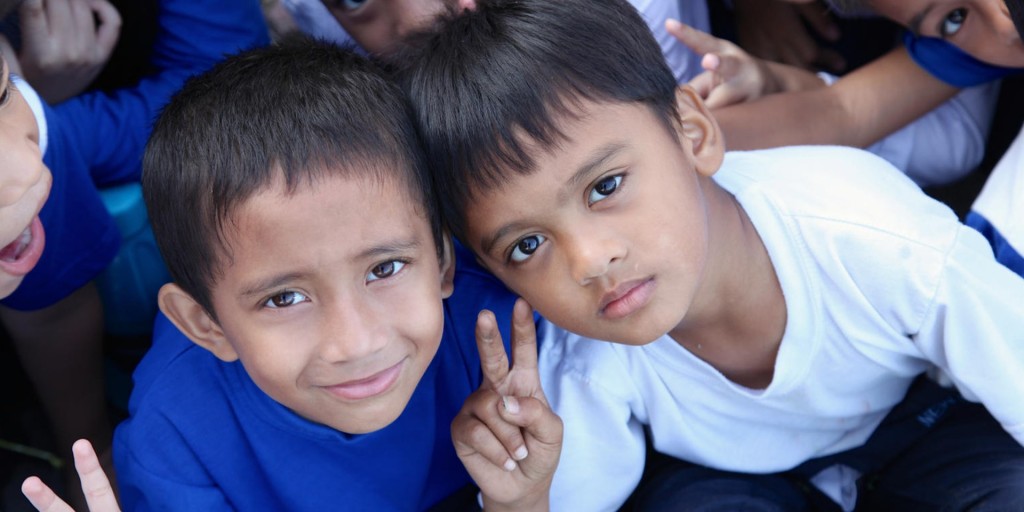 (c) UNICEF Malaysia/Pirozzi
(c) UNICEF Malaysia/Pirozzi
Being kind
Kindness is powerful. And it starts with us. We will treat our communities with care and respect. We’ll also speak up when it’s safe to do so.
Reporting violence
No more silence. We promise to break taboos around reporting violence. When we see or hear something wrong, we’ll go to people we trust – teachers, counsellors, other students, or community leaders.
We also believe in youth-led channels to report violence. Let’s make it easier to speak out.
Taking Action
We’re ready to act. We’ll support ideas and initiatives that bring people together. Whether at home, in school, in the community or online, we’ll stand up for each other.
We’ve got each other’s backs. [#I’veGotYourBack]
We demand
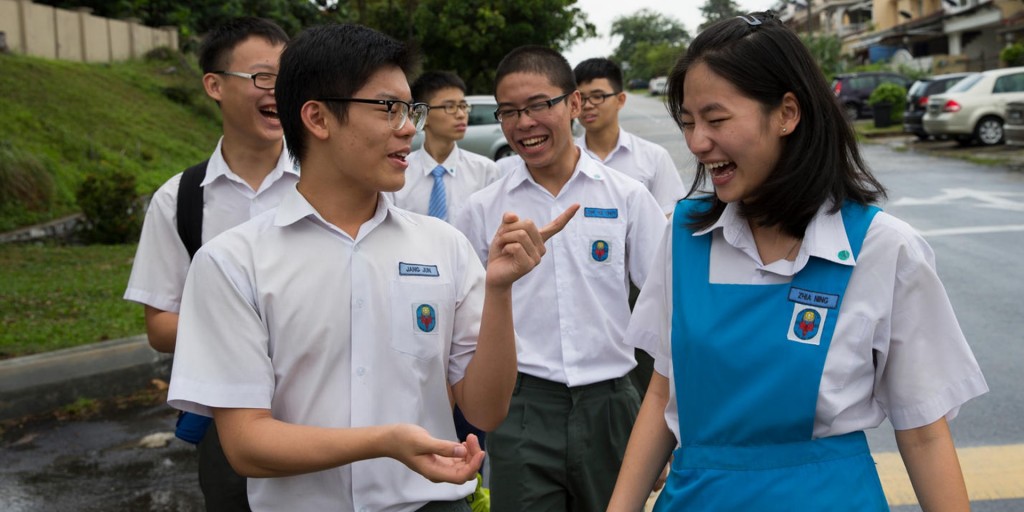 (c) UNICEF Malaysia/Humphries
(c) UNICEF Malaysia/Humphries
1. Take us seriously
We’re not just children. We’re human beings with dignity, rights, and voices that matter. We demand a world where children can grow in peace. If violence happens, adults must stop it – not leave it to us.
2. Establish clear rules
Every school needs clear rules to stop violence. We want action plans that work – and that lead to real change.
3. Make laws that ban weapons
Schools should never have weapons – not guns, not knives, not anything that can hurt us. We want laws that stop these dangers from entering our schools.
4. Keep us safe on the way to school
We want to feel safe – not just in school, but on the way there and back. Harm should never be part of our daily journey. We also expect the law to protect us and punish anyone who breaks it.
5. Provide secure school facilities
We expect schools to be safe – inside and out. This includes buildings, fields, and equipment. We want hallways, classrooms and bathrooms to be well lit and inclusive, with gender-neutral options. Some schools need proper gates, cameras, and trained security staff. Everyone in school should know what to do in an emergency.
6. Train teachers and counsellors
Teachers and counsellors should be trained well – and trained often. They must know how to spot, support, and refer students who experience violence. Training should also cover how to manage diversity, handle discipline positively, and show emotional intelligence.
7. Teach consent and respond to sexual violence
Respect starts with education. All students – no matter their gender, age, race, ability or identity – must be taught to respect each other’s bodies and boundaries. Schools must have safe, easy ways to report sexual violence. These should be written into school policies and made inclusive for everyone.
The #ENDviolence Youth Manifesto is a bold reminder: children and young people are ready to lead. They are clear in what they want – and they’re not afraid to ask for it. It’s time the world listened.
